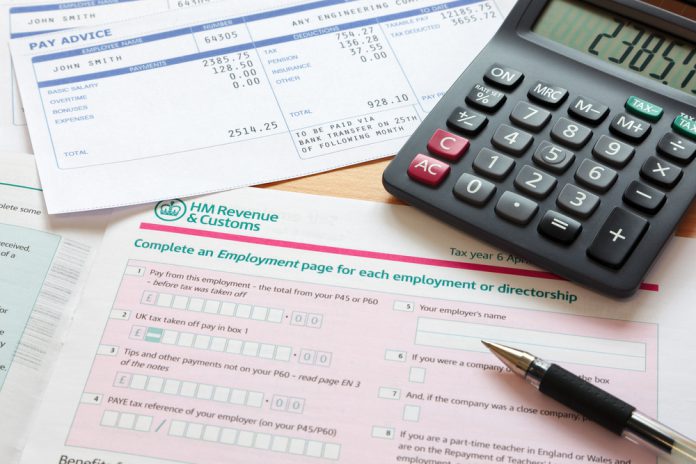UK pay levels are unlikely to outweigh the effect of rising inflationary levels, the Bank of England has warned.
According to a report by agents at the central bank, it is anticipated that wages will fall in 2017. UK Pay settlements are expected to decline to 2.2 percent as opposed to the 2.7 percent recorded the year previously, despite projected inflation levels rising by a similar 2.7 percent.
The Bank agent’s survey indicated that all industries would be affected by the slow growth, however consumer industries would be hit the most by wage stagnation. This was seen as facilitated by the reduction in the rate of increase of the national minimum wage which enabled companies to minimize pay rises. In his first Autumn Statement, Chancellor Phillip Hammond announced plans to raise the minimum wage by £7.50 in 2017, an slight increase from the previous target of £7.20.
The report read as follows:
“Indeed, the average pay settlement was expected to ease in 2017 to 2.2 percent from 2.7 percent in 2016, with the number of pay awards between 3 percent and 4 percent expected to fall significantly. Settlements were expected to moderate in all sectors, with the largest decline anticipated in consumer services, where some companies had made pay awards in 2016 that were beyond those strictly necessary to meet the national living wage at that time.”
Data currently shows that the consumer price inflation is at 1.6 per cent, with the Bank of England expecting this to hit 2.7 percent towards the end of 2017 due to the subsequent 12 percent devaluation in the pound sterling since the UK’s Brexit vote.
This follows a report by providentpersonalcredit, which found that almost half of the UK consider themselves to be “just about managing” financially amid rising costs and slowing wage growth levels.
The Bank of England has become increasingly divided in recent weeks over their outlook for interest rates. On Tuesday, Kristin Forbes, an external member of the Bank’s Monetary Policy Committee (MPC), used a speech in Leeds to vocalise her own concern over the Bank’s lack of intention to raise interest rates.

